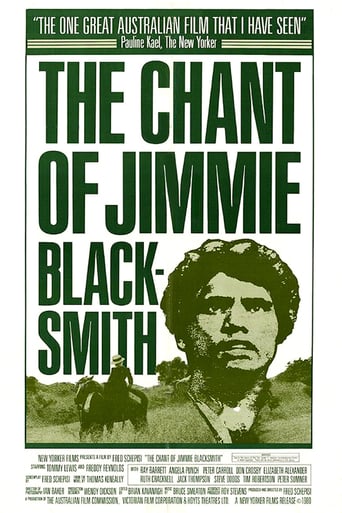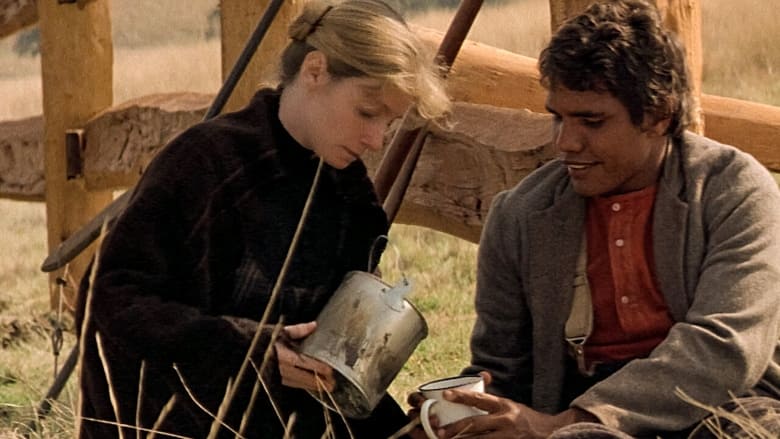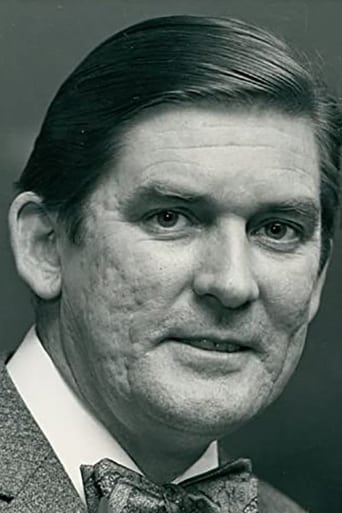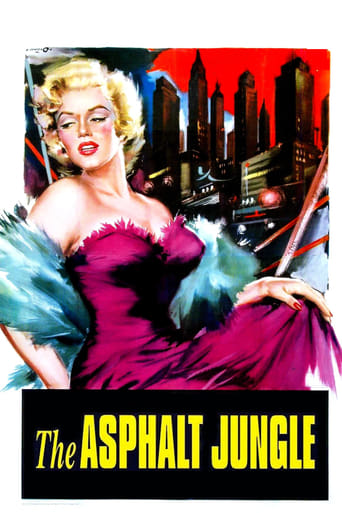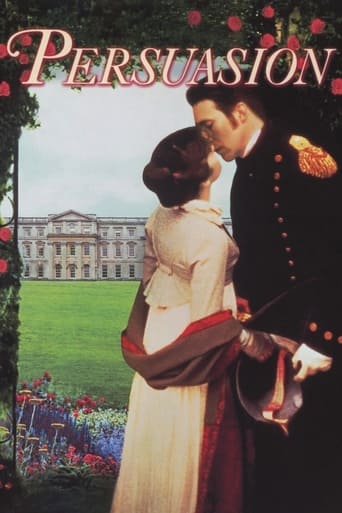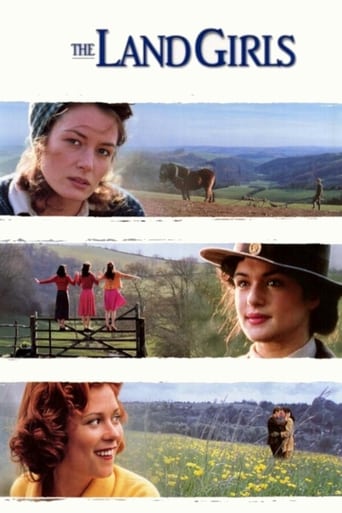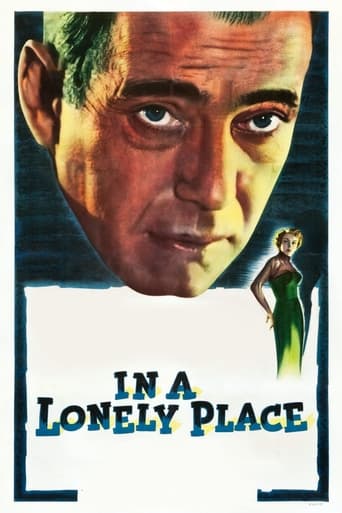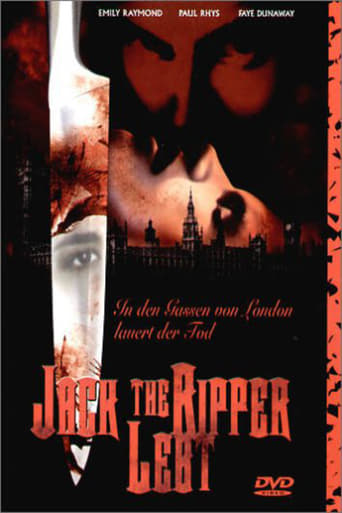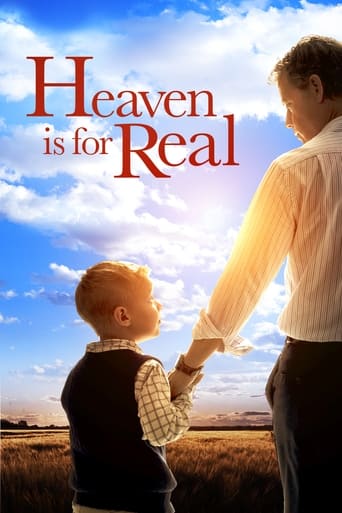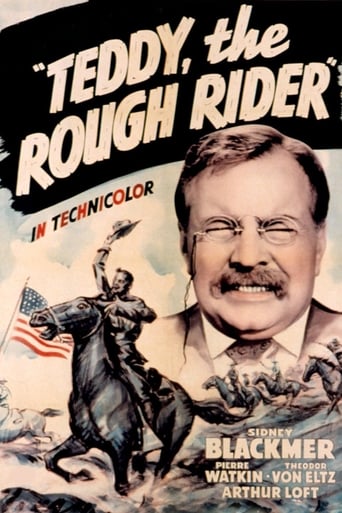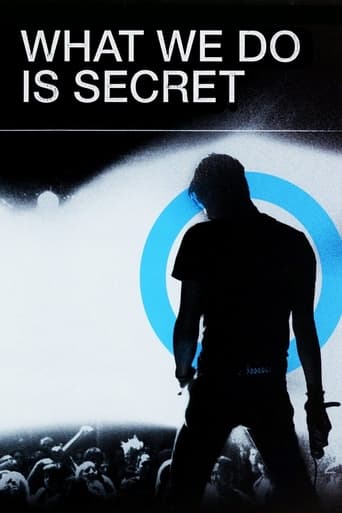The Chant of Jimmie Blacksmith (1978)
The true story of a part Aboriginal man who finds the pressure of adapting to white culture intolerable, and as a result snaps in a violent and horrific manner.
Watch Trailer
Cast
Similar titles
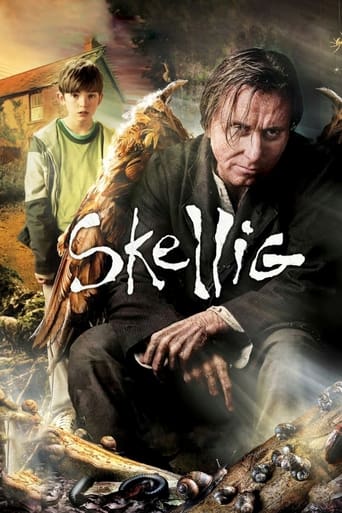
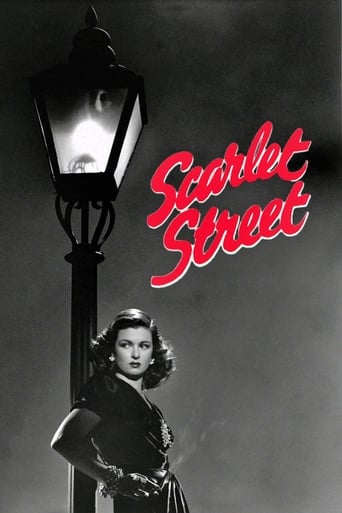
Reviews
Good start, but then it gets ruined
Boring
By the time the dramatic fireworks start popping off, each one feels earned.
All of these films share one commonality, that being a kind of emotional center that humanizes a cast of monsters.
Fred Schepisi's 1978 film may well be just that but it's not included in my Australian Cinema 12 disc boxed set and I've never known it to be on TV, here. I became aware of it through my old film 'bible' Halliwells and they rated it very highly, awarding a rare maximum score, citing it as 'one of the greatest achievements in Australian cinema'.It's taken me a good number of years to finally find a copy that was on region of DVD I could play and wasn't a silly price.The first thing you notice is the sheer authenticity. Language is as brutal as any and is more akin to a Victorian Scorsese than starched collars and stiff upper lips. The language used to describe the aboriginal natives is as coarse and racist as you'll find in any gritty 70's set LA cop show and for that it is both upsetting and rather embarrassing, but at least goes to show the leaps and bounds humankind has largely made on this issue, since.Jimmie Blacksmith is a half-cast, a subject that has been visited in a few memorable films, particularly 'Rabbit Proof Fence' and as 'these' were often the result of rape against white women, were seen as worse than the lowest. Jimmie (superbly played by Tommy Lewis) does have an advantage, he's overseen by the local white vicar and is known as a hard and honest worker.He soon goes on to work for white farmers, along with his fully aboriginal brother, erecting fences. Miles of them. He does too good a job and they don't want to pay, so he moves on. His relationship with a white girl, then marriage results in a child, that by colour alone, cannot be his. Then, around half-way in, all this pent-up anger boiling up inside the civilised and decent Jimmie erupts. This is when the violence (extreme in its day, now, maybe sadly, average) erupts as he goes on a vengeful killing spree.I need not go further than this, except that obviously, he is then a wanted criminal and a fugitive on the run.There's a real sense of the epic, with cinematic hints and nods to Nicolas Roeg's 'Walkabout', with the natural geography, fauna and the culture all vividly brought to life, superbly filmed by Ian Baker .Thankfully - hopefully, this can now be seen as a historical drama, the like of which can never happen again. It is as hard-hitting and making as powerful a statement on in-bred racism there is and is without doubt a five star classic.
This is a fine example of the breed of excellent Australian films released in the 1970s during the Australian film renaissance (it's interesting to note that virtually all of the directors of these films, including director Fred Schepisi, later moved to the U.S. to make big budget Hollywood films). This tale of a young aboriginal man who eventually turns to violence following one humiliation after another by white settlers in 19th century Australia asks some very uncomfortable questions of the audience such as: Is it morally justified to use violence against a corrupt, racist, violent system in which there are no lawful means to receive justice? Additionally, it is up to interpretation whether the violent reactions of the title character are justified: we are clearly sympathetic to him in the beginning, but once he perpetuates incredible brutality on the settlers, can we remain sympathetic? He is definitely not a monster, but a well-mannered and educated Aboriginal brought up by missionaries. After all, his actions are not simply heat-of-the-moment reactions; he has formally "declared war" on the perpetuators of injustice. Does that legitimize what he is doing? The U.S. has been asking itself these exact same questions for the past 50 years: Jimmy is very much a close Australian cousin to Bigger Thomas, the main character in Richard Wright's classic American novel "Native Son" - a black man pushed to violence by virtually every aspect of white society.However, like Wright, I admired director Schepisi's decision to carefully straddle the line between whether Jimmy can be viewed as a simple societal construct or whether he is a man in control of his own actions. One could easily make a case for either of these scenarios or probably both of them. That makes the movie even more uncomfortable when one thinks about it afterward.In many ways, this is a very depressing movie; in the end there is no closure, no justice, and nobody has learned a damned thing, except possibly the audience, if they truly think about what they have just seen. I really respect filmmakers who tackle incredibly difficult subject matter such as this, with moral quagmires and complex characters. My only complaint is that it is very difficult to understand much of the Aussie English, so an American viewer must listen very closely. This is a film definitely deserving of a U.S. audience. Too bad that its controversial (i.e. thought-provoking) nature has probably prevented it from being released on VHS or DVD in the U.S. I understand copies of this are quite rare abroad, as well, so I suggest viewing it if given the opportunity.
In Australia at the turn of the 19th century a part aboriginal man Jimmie, is torn between two different cultures. One being the traditions of his people and the other is adopting the white customs. Though, the racism he confronts from his white employers, he finds it unbearable trying to fit in and commits a massacre on a white family.This is an adaptation of Thomas Kelly's stimulating novel of the same title. That's actually based on real events. Director Fred Schepisi vision of the story is totally stunning in capturing the detail of the Australian landscape and the friction between two cultures, with such confronting and stirring context and some downright absorbing and strong performances.The look of the film is incredibly impressive. A boldly effectual music score of emotion captures the harsh bushland and gritty desert landscape beautifully. The film is tremendously well shot, with it holding such a noble aurora. The main leads were excellent and potent in their roles, especially the marvellous Tommy Lewis as Jimmie Blacksmith. As well there were some effective supporting roles from some well known Australian faces.The violence is brutal; it comes across as uncomfortable to view at times. Especially the scene involving Jimmie in a fist of rage hacking up some young white girls as the injured mother watches. The violence is supposed to be shocking and it comes across as truly powerful in evoking the tension of racism that is fuelled between the Europeans and Aboriginals. The racism is so vivid and it has some fairly shattering dialogue and scenes of confrontations. The drama is a very heated one, especially the further along the film goes. Though, it doesn't try to twist the side of things giving each their own good and bad traits of the two cultures. We feel sympathy for Jimmie because of his treatment, but not pity because of what he has done, but he has become.The tone of the story is fairly bleak, explicit and uneasy. Though, the emotional effect is never pushed onto you or forced in any way. You just become compelled in the characters and the story, which just sucks you right into the situation at hand. As we see one culture dying because of disease and alcohol and another one being forced upon those. Jimmie is caught between the two ways of life, as he was brought up in his childhood through a white European couple. He can see that his people are losing their identity, him being one. While, he has a stint in doing white customs and achieving his dreams of a job, marriage and own house, but still his treated real badly and at times humiliated by his bosses, in a society that he will never be accepted in. This causes the down ward spiral for Jimmie, as he can't take any more of it.Like some fellow users had typed, this is one depressing film that will stir up some emotion towards the material and characters. It's a tense and fearless look into racism. It comes across as one grand epic and a very good one too.
If you're the sort of person who enjoys being depressed, The Chant of Jimmie Blacksmith is the film for you. A short summary of the film is as follows. Young half aboriginal/half white boy is raised by a white Christian family. As he goes off to find a job, he discovers that every white person in the world is actually a racist. He tries to get over this fact by trying to lose his 'black soul', and become more like a white man. He is constantly cheated and laughed at by his white employers. Of course there is only one thing a decent person can possibly do when faced with this. He goes and chops up a couple of women and young girls with an axe. Sound fun so far? Well it gets better anyway, but I won't give away the whole plot in case you actually want to watch the movie. Of course one might say, but isn't the message important? Well, no. It is true that Aborigines were generally considered inferior at the time, and that there was some racism going on. But this film ruthlessly exaggerates it to prove a point, which appears to be that white society is a corrupter of black people. Leaving aside the negative storyline and the political point-scoring, however, the acting is fairly decent, and score is alright too. Apart from that, don't bother watching this.
